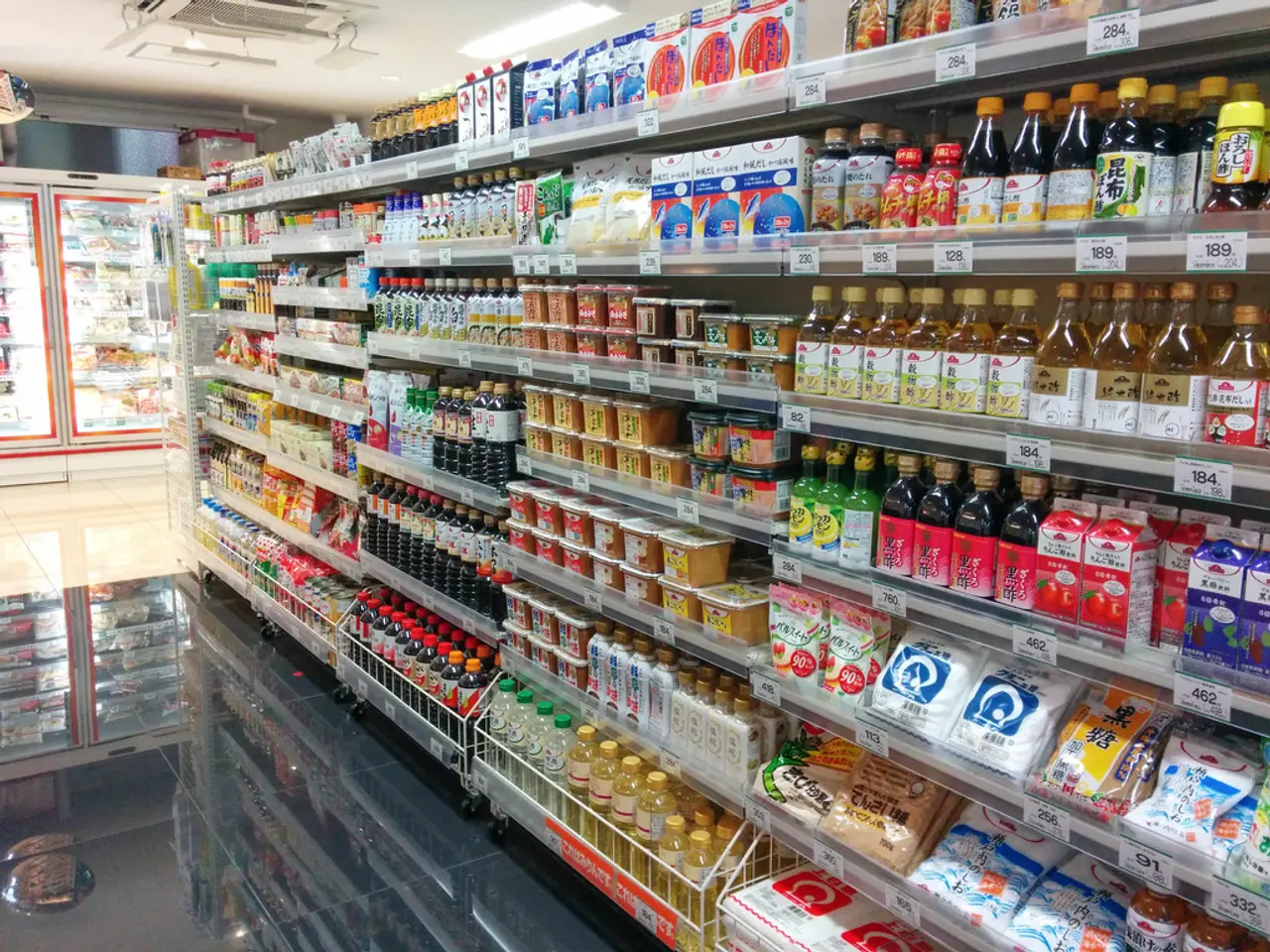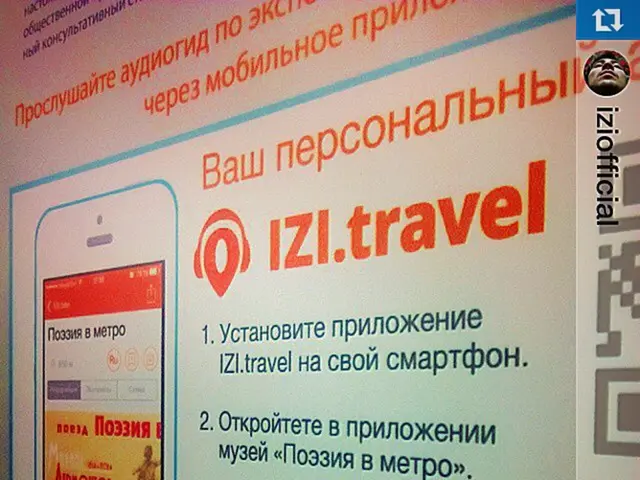Increasing the implementation of GST once more is said to put a strain on less affluent families, according to Rafizi's assertion.
Malaysian Government Delays Reintroduction of Goods and Services Tax (GST)
The Malaysian government has announced that it will not be reintroducing the Goods and Services Tax (GST) in the near future, citing economic conditions and the potential burden on low-income households. Instead, the government will continue to maintain and enhance the existing Sales and Service Tax (SST) system[1][2][3].
Finance Minister II Amir Hamzah Azizan has stated that the reintroduction of GST is currently "impractical" due to the current economic circumstances. Prime Minister Anwar Ibrahim has also indicated that GST will only be reconsidered once the economy improves and minimum wages reach RM4,000 or more[1][2].
Experts and politicians, such as Rafizi Ramli, have raised concerns about the potential impact of GST on low-income households. They argue that GST disproportionately affects ordinary people, as households not paying income tax due to their earnings being below the taxable threshold would have to "pay tax for the first time"[1]. Rafizi also warned that under GST, all daily essentials could be taxed, potentially leading to new annual costs of RM1,000 to RM2,000 for families who have never paid income tax before[4].
In contrast, the Ministry of Finance and government view SST, which taxes at a single stage and offers targeted exemptions, as more expedient. SST is familiar to businesses and the public, requires less implementation lead time than GST (which could take up to two years), and is projected to generate an additional RM10 billion annually by 2026 if its scope is expanded[3][5].
However, the government has left open the possibility of reintroducing GST in the future, subject to economic improvements and the implementation of targeted subsidies away from the wealthy. The government may also explore progressive tax reforms or enhancement of the SST system to broaden fiscal revenue without the burdens GST might impose on low-income groups[2].
As of June 2025, the reported inflation rate in Malaysia is at 1.1% year-on-year[6]. The government's decision to focus on SST instead of GST is aimed at protecting low-income households from increased tax burdens and inflation risks.
References:
- The Edge Markets (2023). "Malaysia to reintroduce GST when economy improves, says Anwar". Retrieved from https://www.theedgemarkets.com/article/malaysia-reintroduce-gst-when-economy-improves-says-anwar
- The Star (2023). "GST not off the table, but only when economy improves, says Anwar". Retrieved from https://www.thestar.com.my/business/business-news/2023/03/16/gst-not-off-the-table-but-only-when-economy-improves-says-anwar
- The Malaysian Reserve (2023). "GST reintroduction not a priority, says Azizan". Retrieved from https://themalaysianreserve.com/2023/03/16/gst-reintroduction-not-a-priority-says-azizan/
- Free Malaysia Today (2023). "Rafizi: GST will hit low-income households hard". Retrieved from https://www.freemalaysiatoday.com/category/nation/2023/03/10/rafizi-gst-will-hit-low-income-households-hard/
- The Malaysian Sun (2023). "SST expansion could generate RM10 billion annually by 2026, says Azizan". Retrieved from https://themalaysiansun.com/sst-expansion-could-generate-rm10-billion-annually-by-2026-says-azizan/
- Department of Statistics Malaysia (2025). "Inflation rate (year-on-year)". Retrieved from https://www.statistics.gov.my/index.php/en/data/inflation-rate-year-on-year
- Anwar Ibrahim, the Malaysian prime minister, has indicated that the reconsideration of the Goods and Services Tax (GST) will only occur when the economy improves and minimum wages reach RM4,000 or more.
- The Malaysian government, at present, is focusing on maintaining and enhancing the existing Sales and Service Tax (SST) system, as opposed to reintroducing the GST due to economic circumstances and the potential burden on low-income households.
- The government's decision to implement SST instead of GST is aimed at protecting low-income households from increased tax burdens and inflation risks.
- Finance Minister II Amir Hamzah Azizan has stated that the reintroduction of the GST is currently "impractical" due to the current economic situation in Malaysia.
- Experts and politicians, like Rafizi Ramli, have raised concerns about the potential impact of the GST on low-income households, as GST disproportionately affects ordinary people and could lead to new annual costs of RM1,000 to RM2,000 for families who have never paid income tax before.
- The Malaysian government may explore progressive tax reforms or enhance the SST system in the future to broaden fiscal revenue without imposing burdens on low-income groups, subject to economic improvements.




